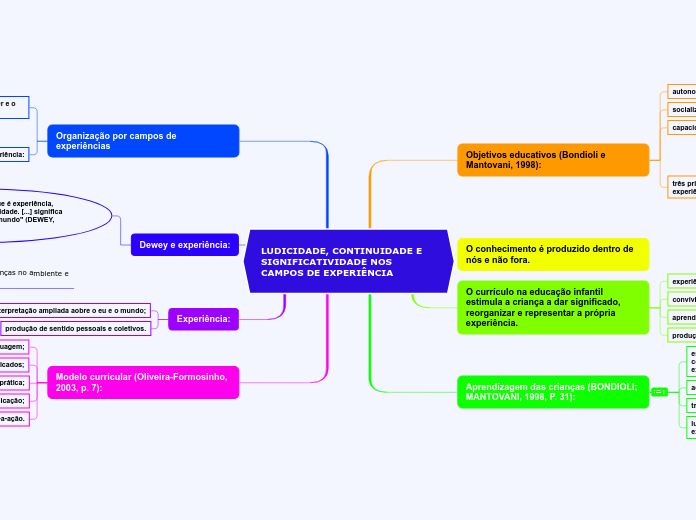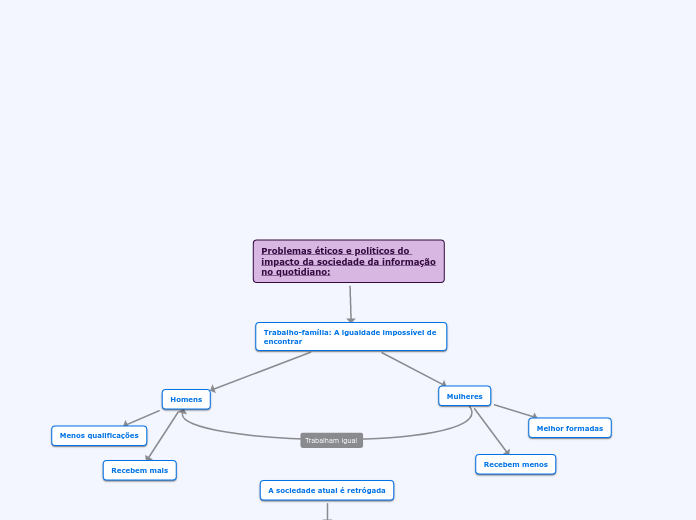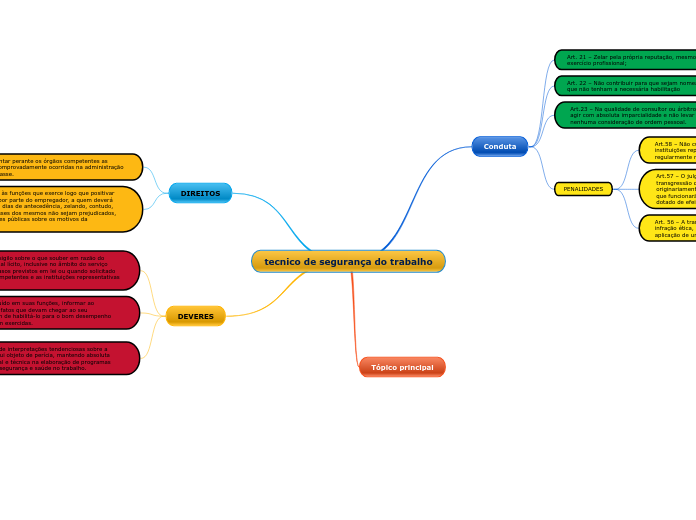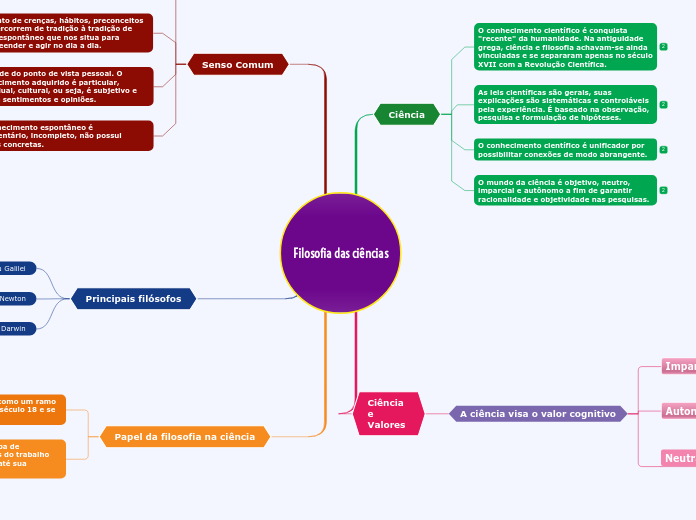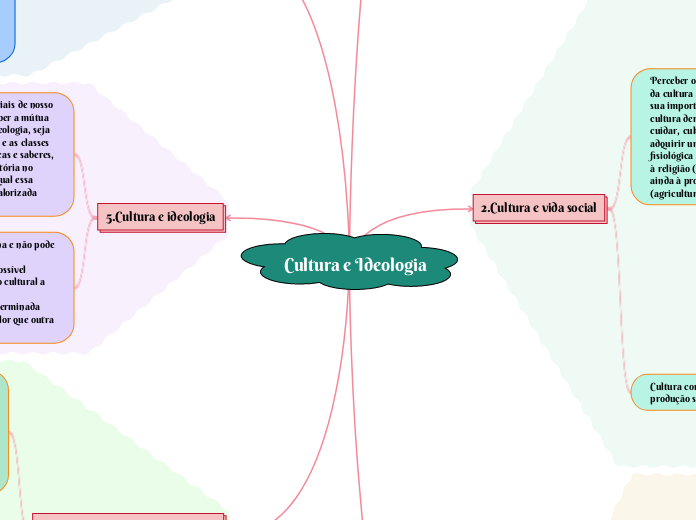LUDICIDADE, CONTINUIDADE E SIGNIFICATIVIDADE NOS CAMPOS DE EXPERIÊNCIA
The part of speech is a category to which a word is assigned according to its syntactic functions. In English the main parts of speech are noun, pronoun, adjective, determiner, verb, adverb, preposition, conjunction, and interjection.
Modelo curricular (Oliveira-Formosinho, 2003, p. 7):
A preposition is one of the most exciting parts of grammar. A preposition is used to describe the location of something in relation to something else.
ação e reflexão-sobre-a-ação.
A group of words used with the force of a single preposition is called phrase preposition.
experiência e comunicação;
Participle preposition consists of words that end in “ing”.
regarding, barring, concerning, considering, etc.
estrutura conceitual e prática;
When a preposition consists of more than one word, it is called double preposition.
into, within, upto etc.
significados;
Compound preposition consists of two or more words.
on behalf of, according to, in front of, from across, etc.
linguagem;
When a preposition consists of one word it is called single or simple preposition.
in, at, on, to for, of, from, up, after, over, under, with, etc.
An interjection is used to express emotion in a sentence.
Think of other interjections!
produção de sentido pessoais e coletivos.
interpretação ampliada aobre o eu e o mundo;
Dewey e experiência:
An adverb is used to describe a verb, but it can also describe an adjective or another adverb.
Adverbs normally help paint a fuller picture by describing how something happens.
"a experiência na medida em que é experiência, consiste na acentuação da vitalidade. [...] significa uma troca ativa e alerta com o mundo" (DEWEY, 2010A, P. 83).
fazer refletir e provacar mudanças no ambiente e no próprio indivíduo.
Organização por campos de experiências
A numeral is a word or phrase that describes a numerical quantity.
Some theories of grammar use the word 'numeral' to refer to cardinal numbers that act as a determiner to specify the quantity of a noun, for example the 'two' in 'two hats'.
Experiência:
meninos e meninas.
participativas;
contínuas;
colocar no centro do projeto educativo o fazer e o agir das crianças.
Aprendizagem das crianças (BONDIOLI; MANTOVANI, 1998, P. 31):
A conjunction is a word like 'if' 'but' or 'and' which is used to connect sentences or clauses together.
ludicidade, continuidade e a significatividade das experiências.
transformar, olhar, tocar, narrar...
admiração e perguntas;
está diretamente envolvida com a manipulação e exploração de objetos;
Subordinating conjunctions are conjunctions that are used at the beginning of subordinate clauses. Some examples of these conjunctions are: although, after, before, because, how, if, once, since, so that, until, unless, when etc.
Although it was raining, I went out.
O currículo na educação infantil estimula a criança a dar significado, reorganizar e representar a própria experiência.
An adjective is a word that's used to describe a specific noun and to provide more detail to the listener.
produção de narrativas, individuais e coletivas.
aprendizagem da cultura;
convívio no espaço coletivo;
experiências concretas da vida cotidiana;
O conhecimento é produzido dentro de nós e não fora.
A noun is defined as a person, place, thing or idea. Proper nouns always begin with a capital letter. Common nouns, which are general words, such as 'cars,' are not capitalized.
Objetivos educativos (Bondioli e Mantovani, 1998):
A verb is an action word or 'doing' word that signifies movement in some way.
três princípios da experiência nos campos de experiência:
significatividade: significados pessoais; a autoria; a eleição; a provisoriedade.
continuidade: condições objetivas de tempo; materiais em quantidades suficientes; espaço; grupo.
ludicidade: descobrir e construir sentidos; informações ampliadas.
capacidade de construir e explorar o mundo.
A modal is a type of auxiliary (helping) verb that is used to express: ability, possibility, permission or obligation. The main modal verbs in the English language are: can, could, may, might, must, shall, should, will, would.
I might go to the park if I get my homework done.
socialização;
A linking verb connects the subject with a word that gives information about the subject, such as a condition or relationship.
You look exhausted after studying all night.
autonomia;
A verb with its own meaning: a verb that is not an auxiliary verb.
Create sentences
They have it.
